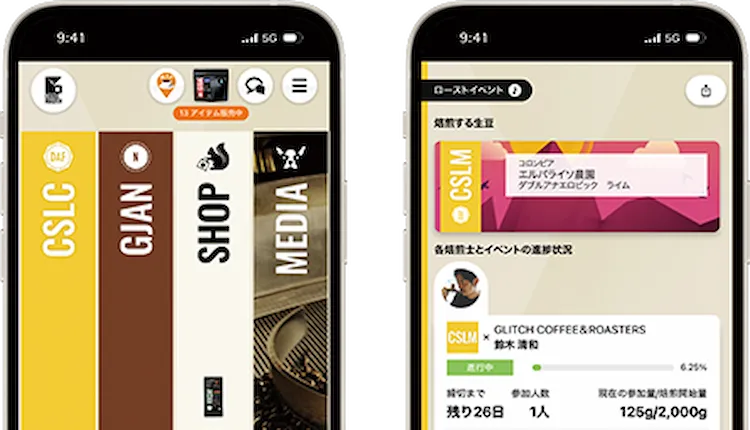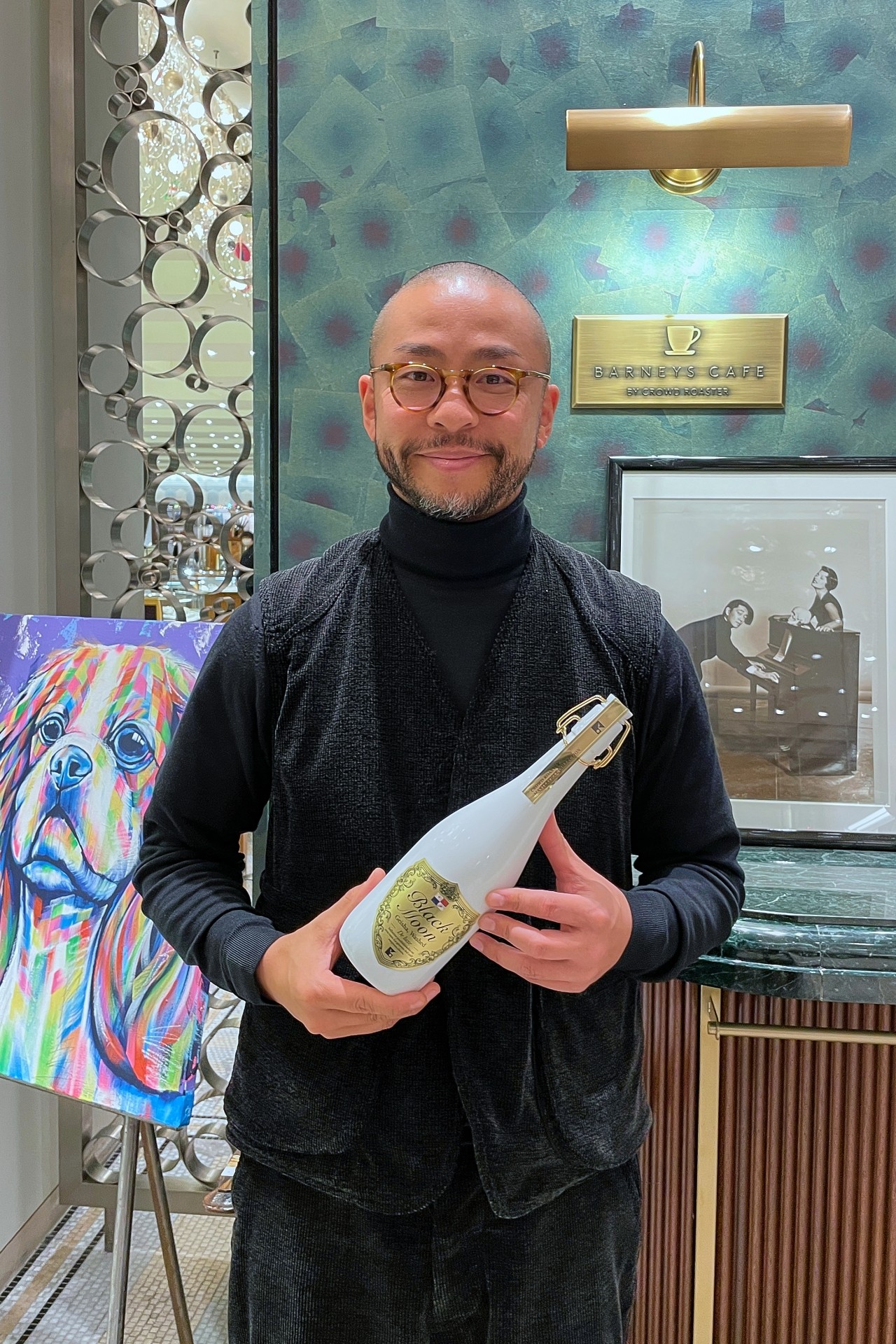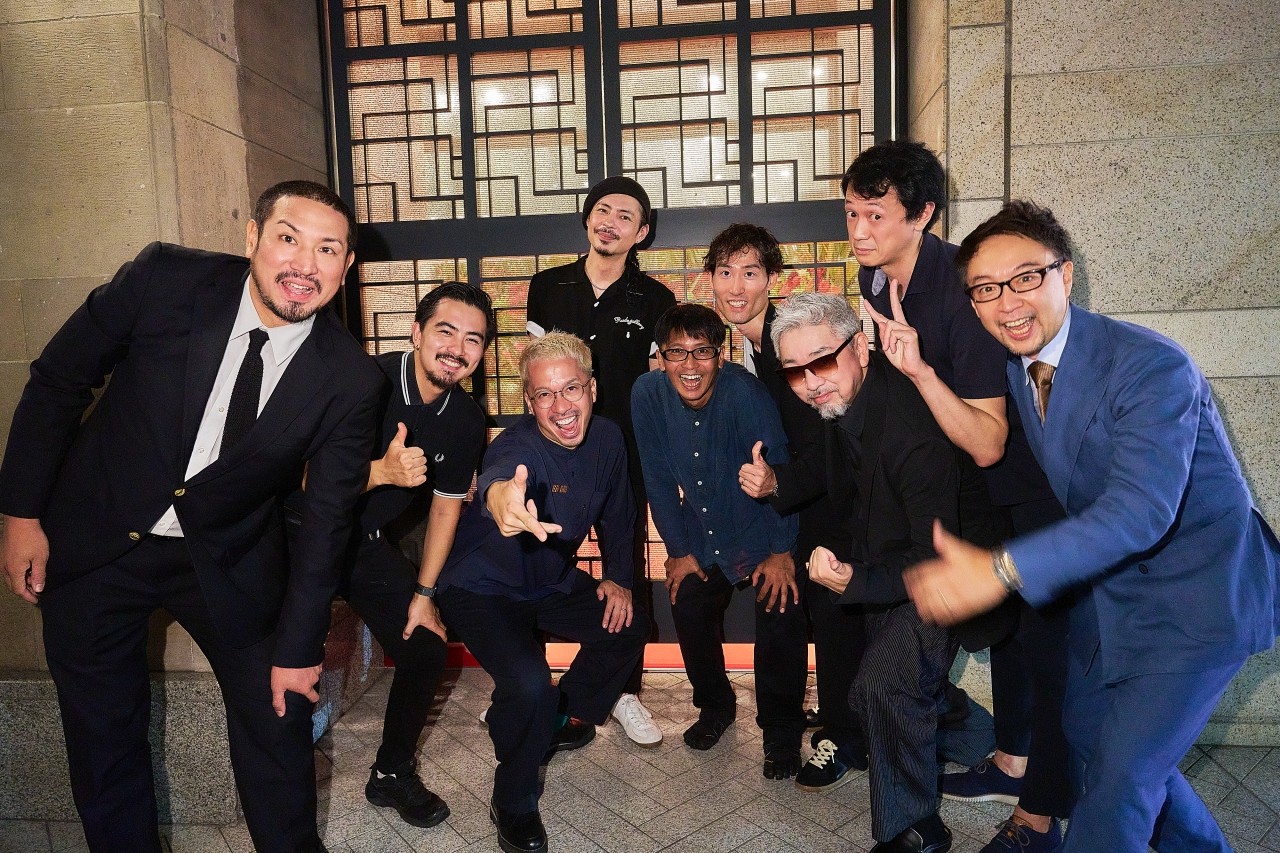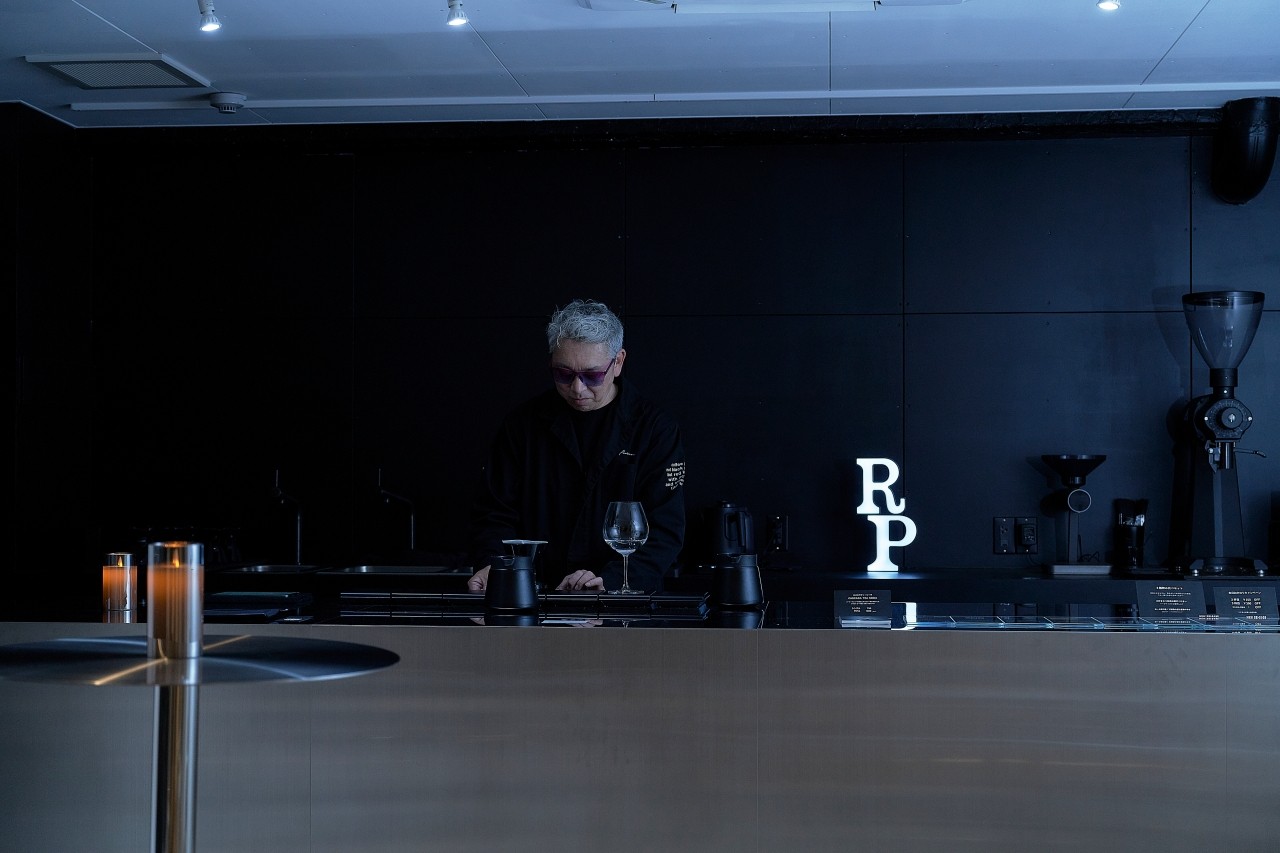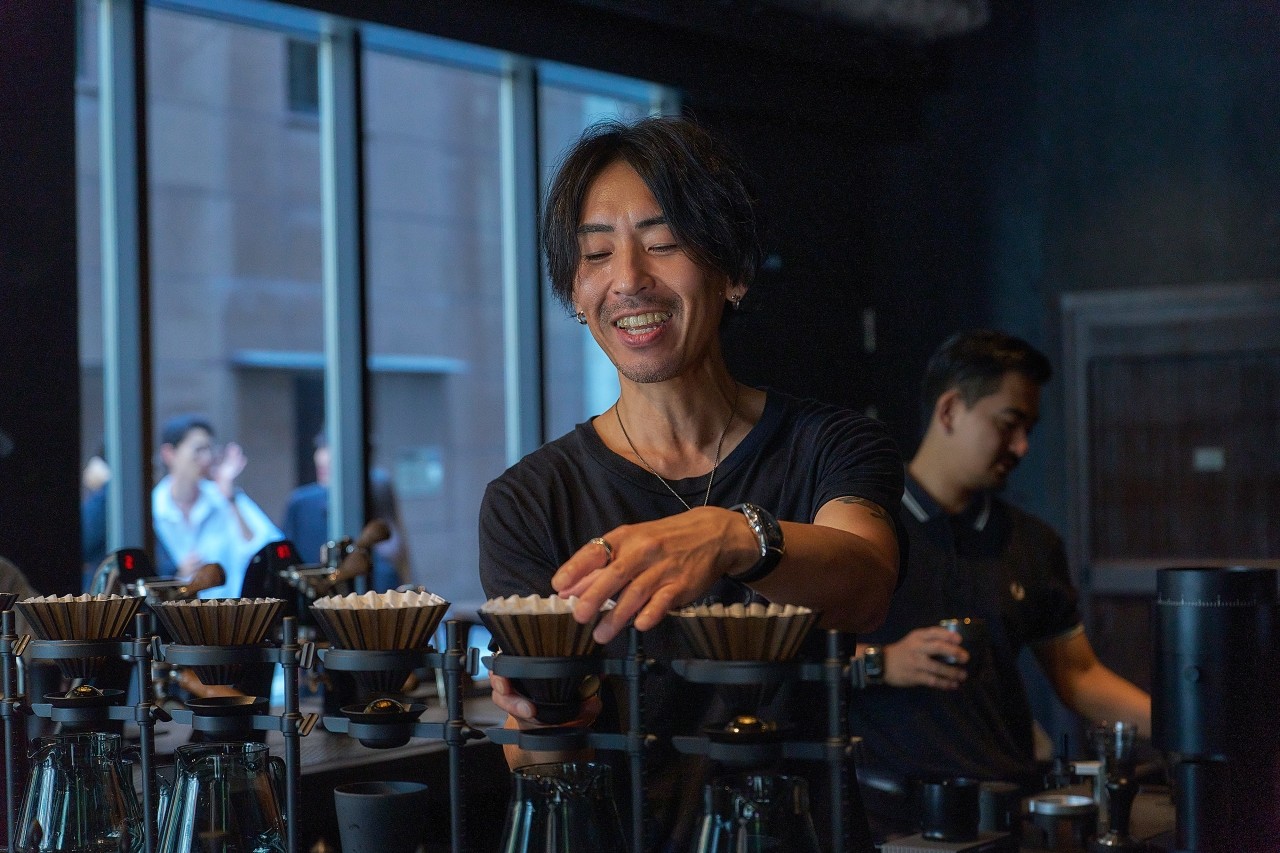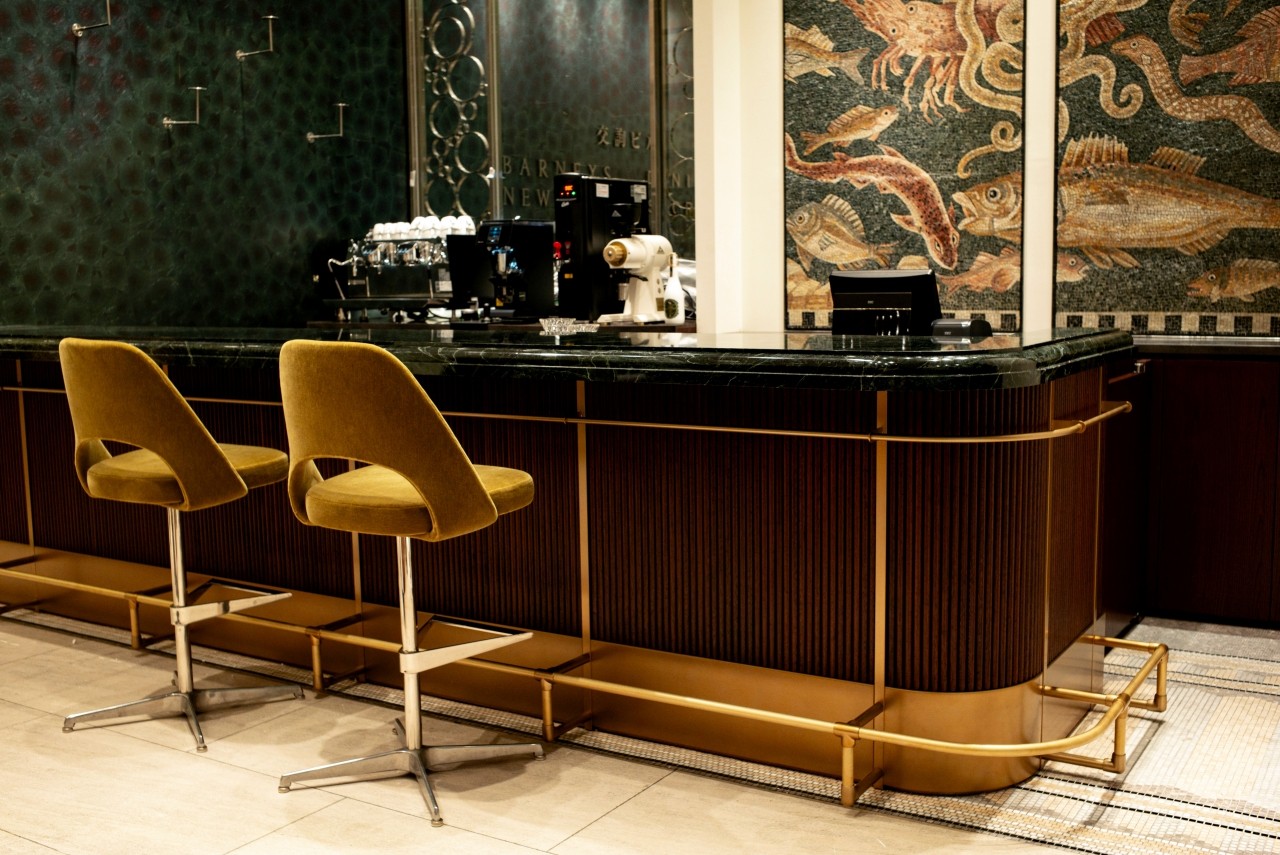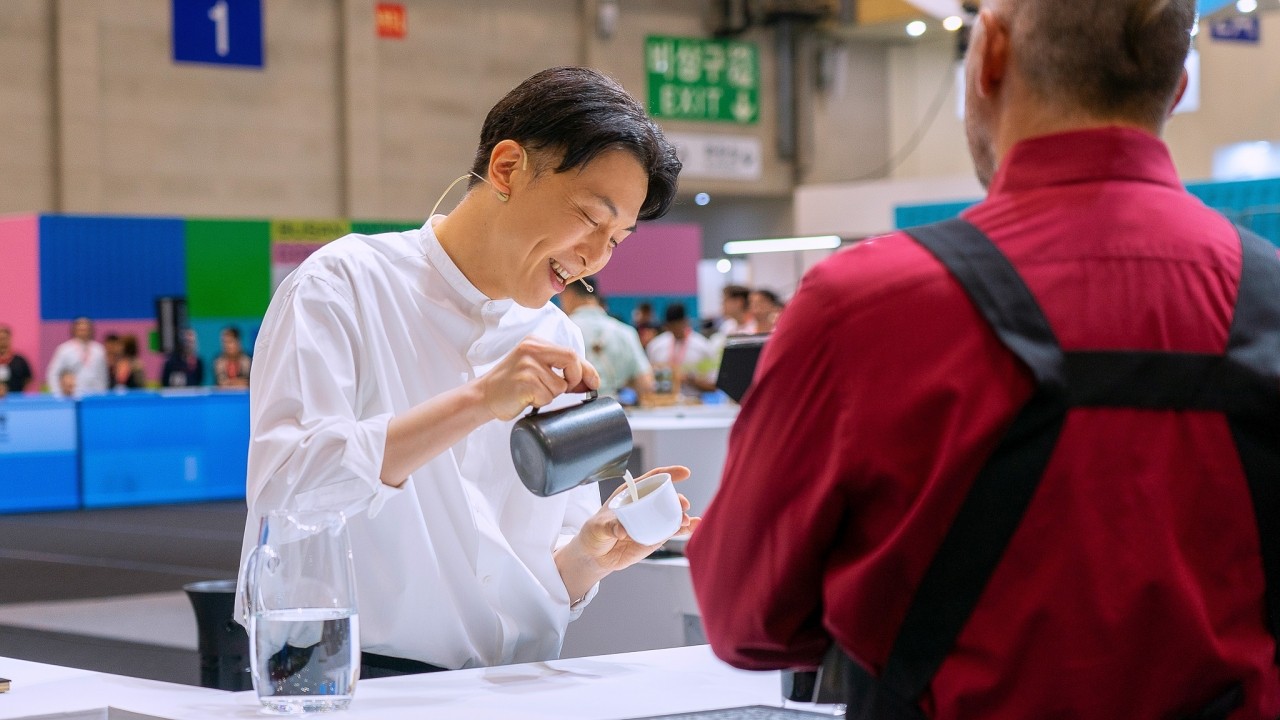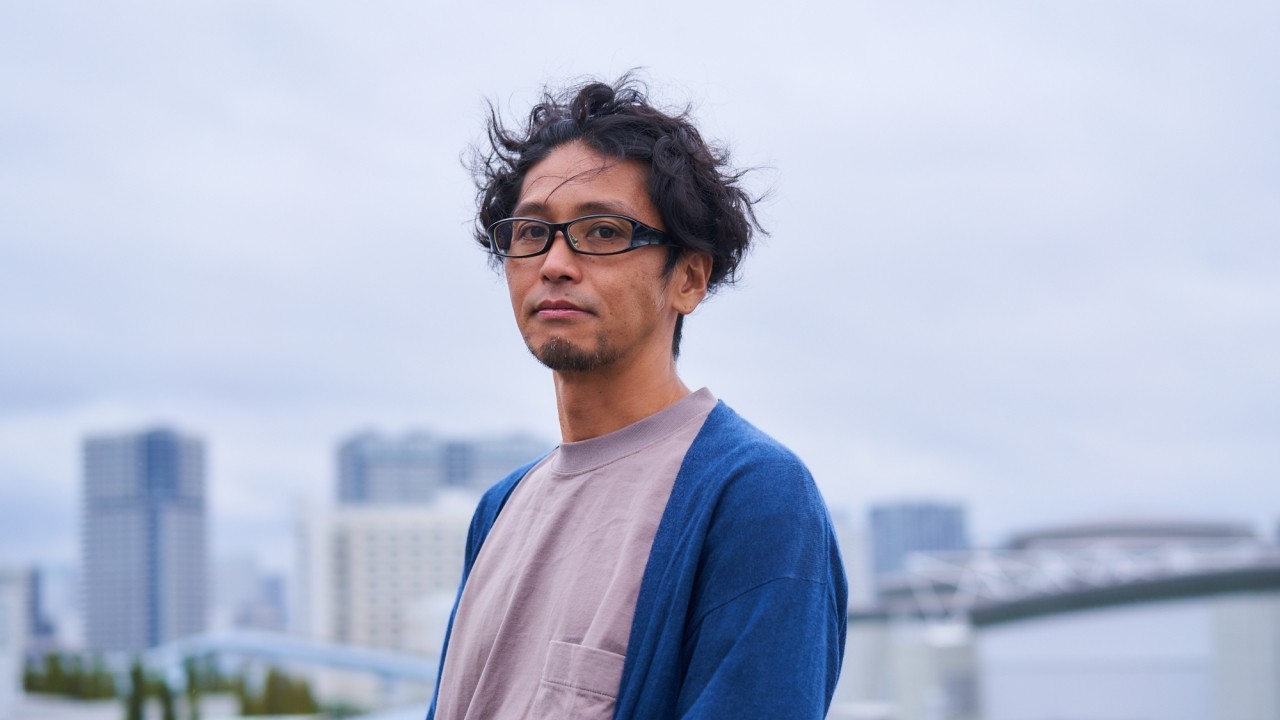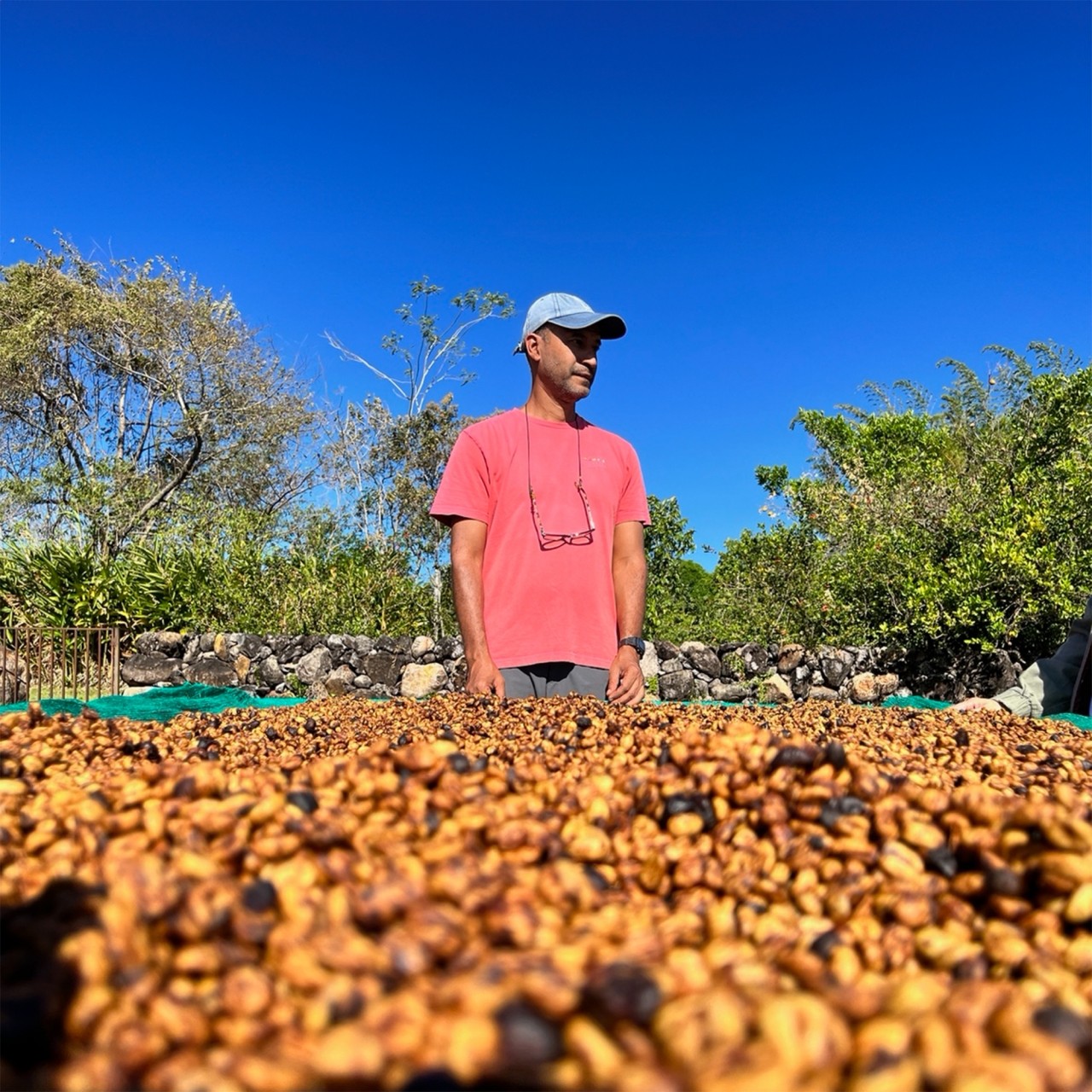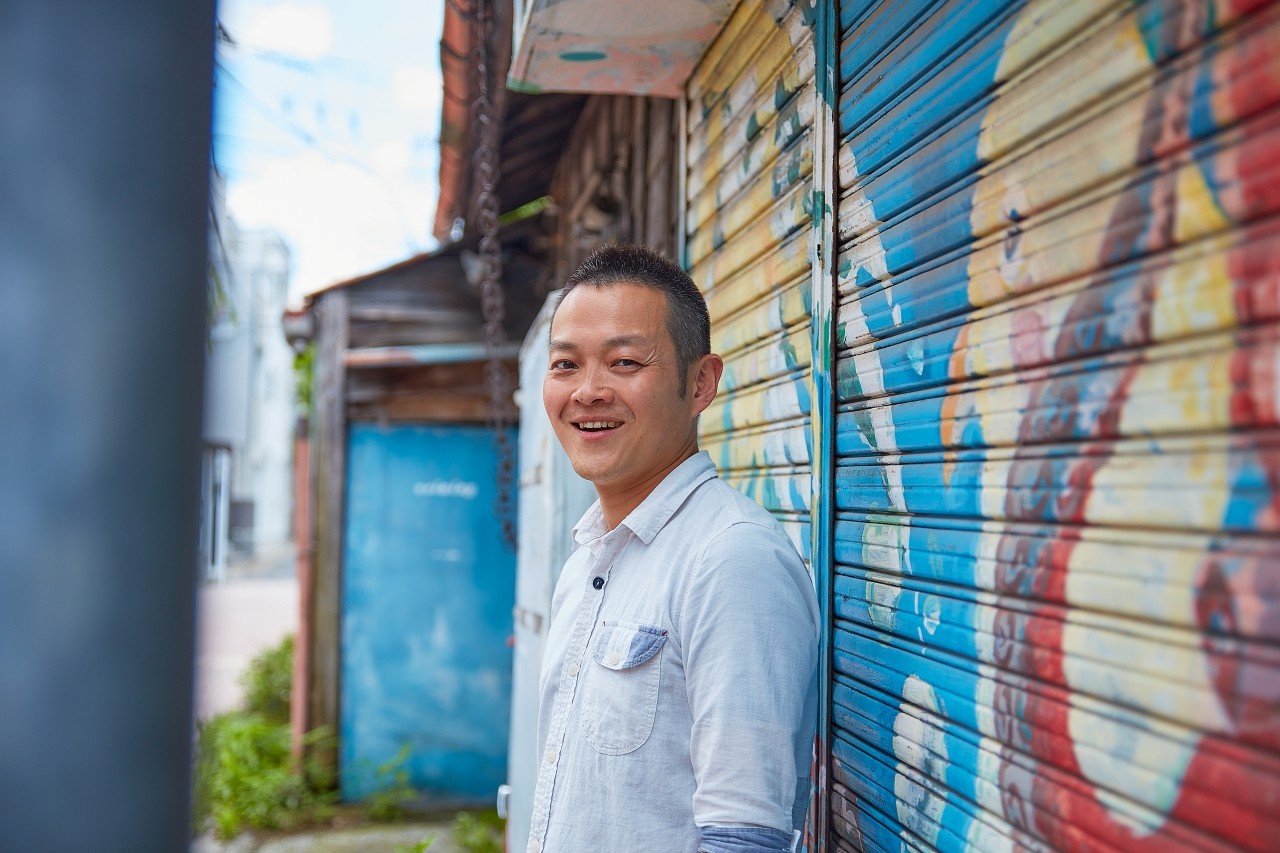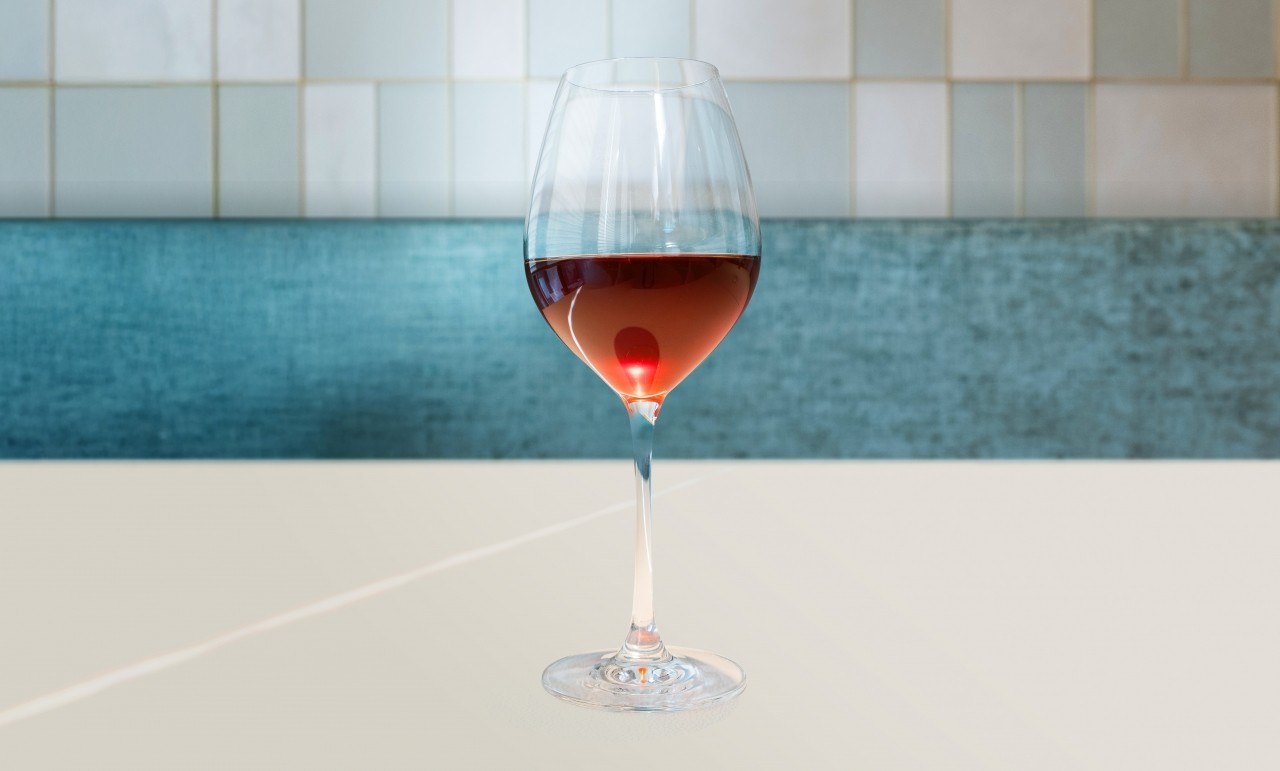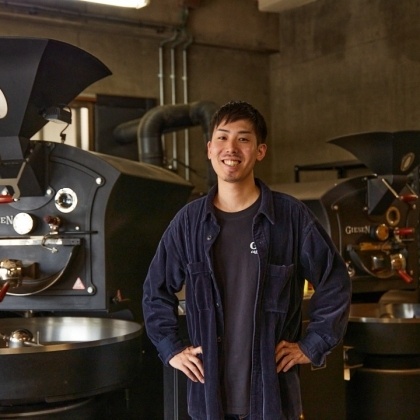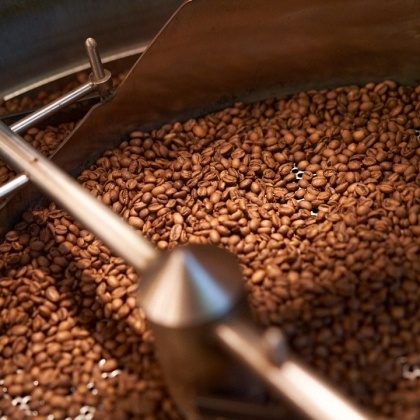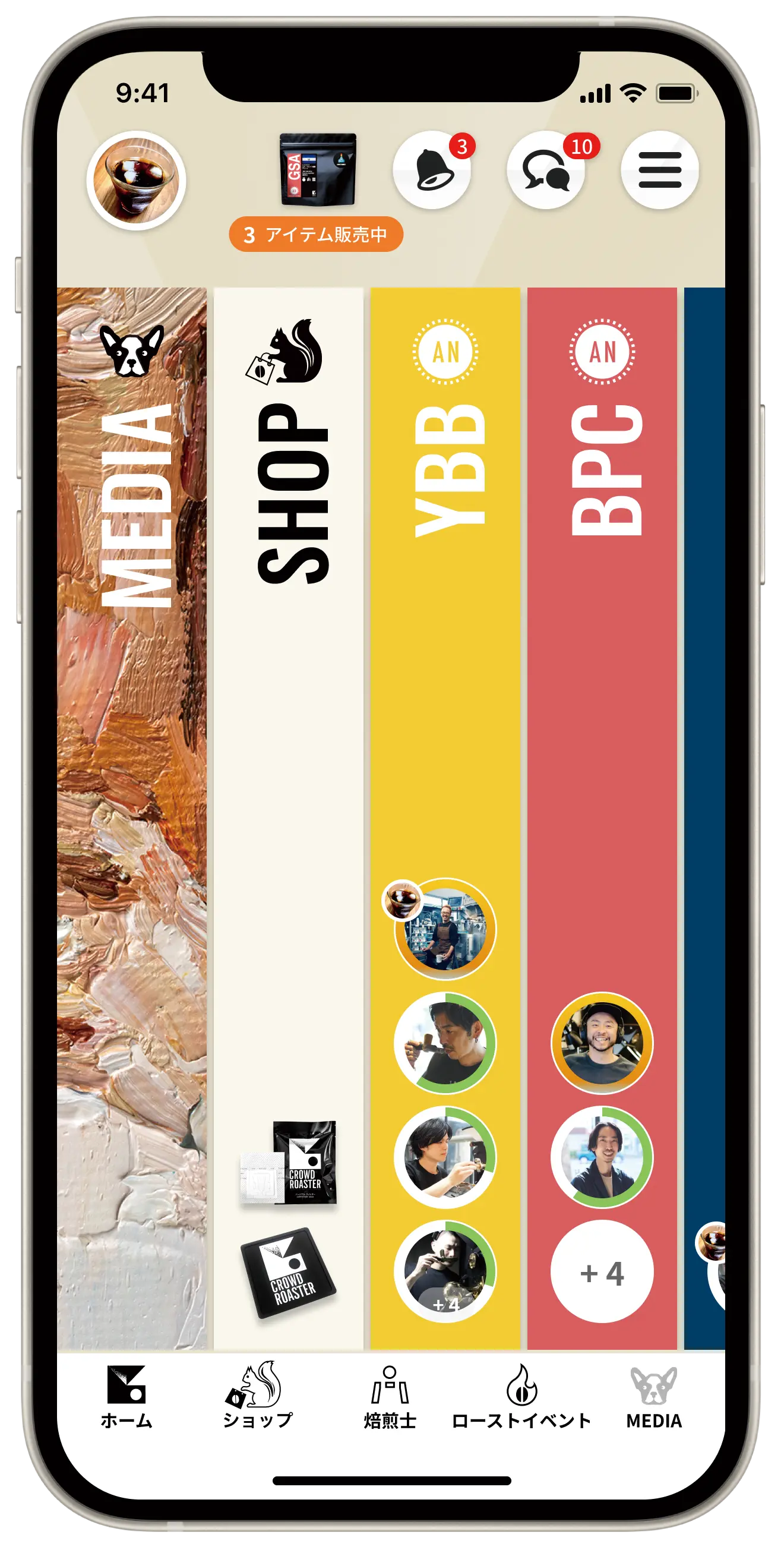Participating in 1CCC expanded my horizons as a roaster ~ Interview with 2023 Champion Kodama Roaster [Special Feature: 1ST CRACK COFFEE CHALLENGE 2024]
Applications for the "1st Crack Coffee Challenge" (1CCC), a competition run by Giessen Japan to discover young coffee roasters, began on Monday, May 13th.
The winner of the second competition held in 2023 was Machi Kodama roaster at ou.bai.tou.ri.coffee roasters.
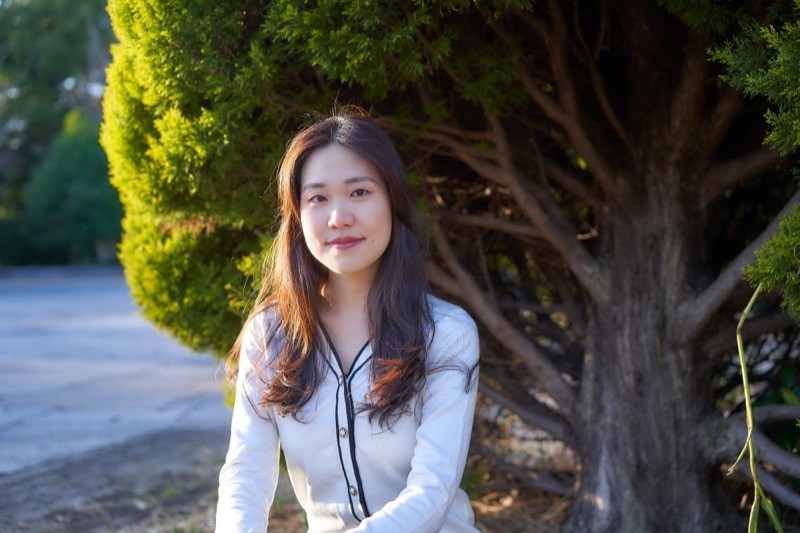
He learned about the competition through his previous experience using Giessen, and although he made it through the qualifying rounds at the first competition, it wasn't until his second attempt that he was crowned champion.
However, even if you hear about a roasting competition, it's hard to imagine what exactly happens. So this time, we asked Kodama about the flow of the "1CCC" competition, what he gained from participating, and what the appeal of the "1CCC" competition is.
An entirely new roasting competition format
Kodama first learned about "1CCC" when the tournament was launched.
"Because I was originally a Giessen owner, I knew that Giessen Japan was planning various events. I was proud to be a roaster and I participated in the event, which was aimed at the younger generation (18-35 years old) as it was a roasting competition."
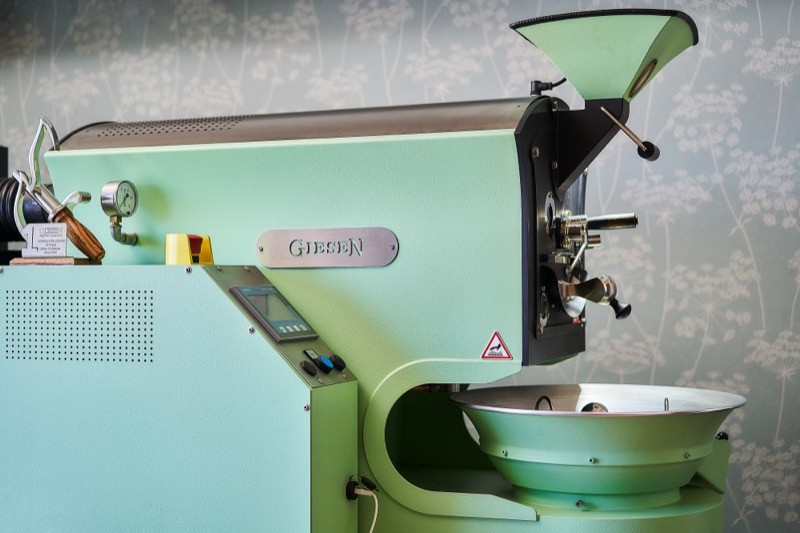
Speaking of roaster competitions, there is the Japan Coffee Roasting Championship (JCRC), the highest in Japan. However, the competition is fierce and there are only a few spots available to participate in.
"(1CCC) was a competition that gave me the opportunity to participate, and the format of the competition was a new platform, so it was very refreshing to be able to take on a new challenge, and I felt like I participated as a test of my abilities."
However, that doesn't mean the level is low. The preliminary round requires participants to roast their own beans in a way that is close to the standard roasting technique, and participants are required to submit only the beans they roasted.
"Everyone is given an equal chance, and their roasting skills are evaluated. I have participated twice and passed the preliminary rounds both times. It gave me confidence that my roasting skills could be evaluated in this way."
Qualifying - The difficulty of not being able to win by "just" matching the sample
Let me explain in a little more detail how the qualifying process works.
In the preliminary round, participants compete to see how close they can get to the 30g of roasted beans provided as a sample by "1CCC". Since the participants will have to purchase the 3kg of raw beans used in the competition, they must think carefully about how they roast.
"In the end, all you have to do is submit the best roasted beans, but I usually roast 1kg at a time, so I roast and cup the beans first to get a feel for whether they're good enough, and then I change this part and roast them a second and third time. Some challengers submitted their beans in one try, while some participants finely roasted them eight or nine times."
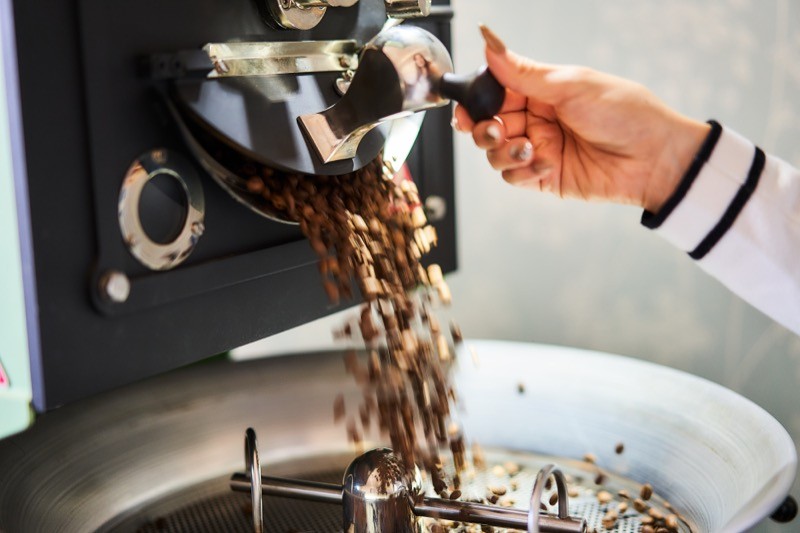
Both individuals and corporations can submit entries, and of course you can also ask for the opinions of others. Kodama also asked for the opinions of Wataru Takanaka, who is in charge of quality control at ou.bai.tou.ri, and the staff who work with him.
The phrase "roasting to match the sample roasted beans" is easy to imagine. However, in reality, even if the same beans are used, the resulting coffee will differ depending on the roaster and roastery. In general, the coffee industry looks for the roaster's originality rather than a roast similar to someone else's, and Kodama says he found this difficult.
"In a competition, getting as close as possible to the sample means matching what part of the bean the roaster wants to express to the sample, within the range that the roaster can roast deliciously. I think my roast in the qualifying round was probably close in that respect."
However, 1CCC also uses objective aroma data from gas chromatography by Ajinomoto AGF Co., Ltd. The roasters are humans and the judges evaluate the coffee just like in other competitions, but there was feedback from last year's preliminary round that the analytical data was also quite close to the actual results.
"I think the best approach is to roast the beans in your own way to match the sample beans. But if the aroma measured by the machine doesn't match, you won't pass the preliminary round. I usually smell the aroma while roasting, so maybe the aroma I wanted to bring out and the aroma the machine was evaluating were well connected."
By the way, for the 2023 preliminary round, he continued to discuss with his staff until three hours before the deadline, when shipping would be in time. He said that he was confident in the roasting itself, saying to the staff who cupped the coffee, "We've done our best. If we don't make it to the finals, then there's no other way. The way we're evaluated is different, so any result is fine." It's important to seek evaluation in a competition, but above all, it's important to roast coffee that you're satisfied with. He also said that this turned out to be a good thing.
"Going to the finals gave me confidence that what we had been doing as ou.bai.tou.ri was not wrong. The organizers had said that this was a mixed martial arts tournament, but when we made it through the preliminaries and made it to the finals, I really felt that it was a tournament that covered a variety of topics, all tied together around coffee."
Finals: How to connect the welcome drink and the presentation
From the nearly 100 preliminary contestants, only six will be selected through data analysis and cupping by a panel of judges. After passing through this narrow gate, they will advance to the final, a one-shot competition that will last one day.
In the finals, each contestant is given 20 minutes to serve the judges a "welcome drink" of pre-roasted coffee and a "presentation" in which they share their thoughts on the theme of the year. The theme for 2022, which Kodama passed, was "The present and future of coffee as you want to communicate," and the theme for 2023 was "The challenges and solutions you think the domestic coffee market faces."
"To be honest, I think anyone can answer questions about a given topic. But if you just explain the answer, it's not interesting or intriguing. So I thought about the 'process' of how to convey it in a way that would be fun for the listener and would pique their interest."
If the content of the presentation and the way of conveying it are not both perfect, it will be impossible to win the finals. However, neither of these are elements found in regular roasting work or storefront work at a coffee shop. Furthermore, the judges do not necessarily know the participants' daily activities or way of thinking. For this reason, Kodama had to think about how to convey to the judges "who I am" through my presentation.
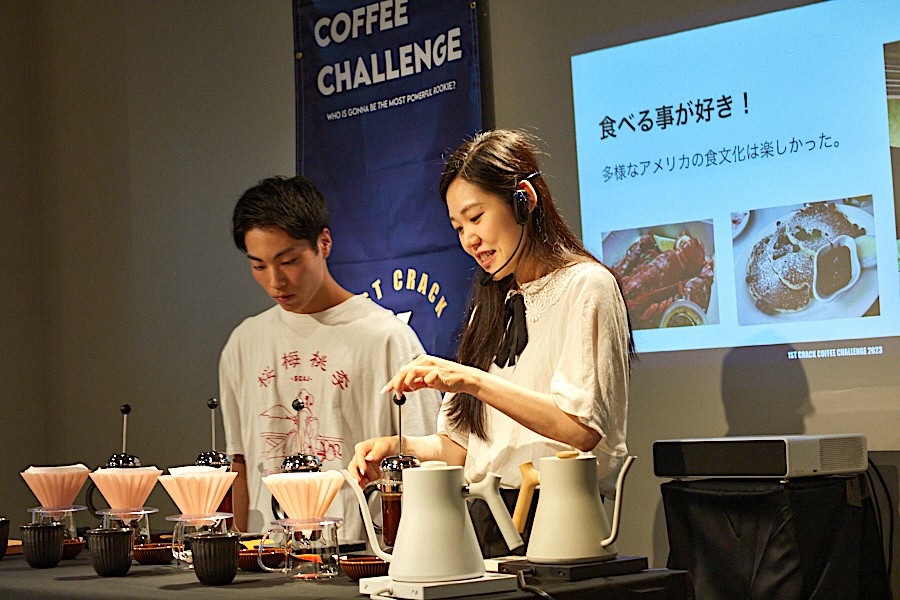
"When presenting a solution to a given topic, very few people can understand what I'm saying with just a brief self-introduction. I started thinking about my presentation by asking myself, 'Who am I?'"
As a result of all this preparation and hard work, she won the competition in 2023. She analyzed the main reason for this as being "because my interests were successfully linked to the theme."
"While talking to staff and various other people, we heard that ' Kodama likes art history, doesn't she?' and 'ou.bai.tou.ri has a lot of artistic expressions, so I thought that if I convey that, people might be interested.' That's how we created the book."
For example, the welcome drink has a meaning beyond simply conveying the taste of the coffee that the participants roasted. Since the purpose of the competition is not to compete only on the "taste" of the coffee, the welcome drink is positioned as merely one part of the presentation.
"We also considered the significance of linking the presentation with the welcome drink. We had to think about what kind of coffee we wanted to express and what we wanted to express, and if we wanted our customers to enjoy it visually and tastefully, we had to think about everything from roasting to brewing."
In the 2023 competition, the beer was extracted using a French press for 12 minutes. During that time, the beer was also presented, and the judges were given their samples at about the 17-minute mark.
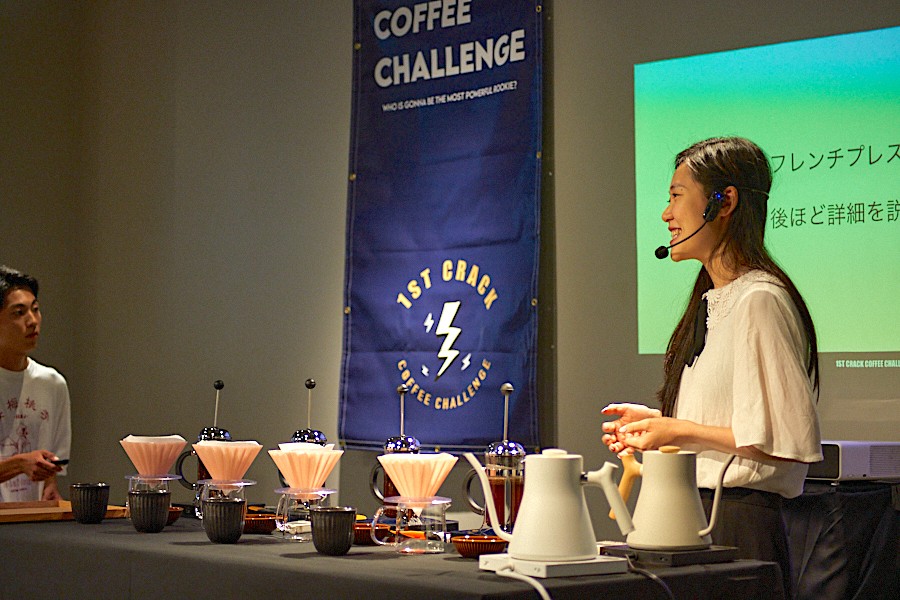
"In my case, I gave my presentation without looking at the slides because I wanted the judges to enjoy 'communicating with me' rather than the presentation materials. I tried to match my words well with my actions, mannerisms, and movement, but I didn't use the same words word for word. I spoke in my own words at the time, matching the keywords, so more than half of it was ad lib."
After carefully selecting the words he wanted to convey, he adapted them to the atmosphere of the situation. Kodama reflects that this may have been the reason he was able to give his presentation in a natural manner without feeling overly nervous.
"Even if you try to do something perfectly, there are some things you can't do, but during the actual performance, I was able to smile because I felt like I was showing people what I'd created on the spot. In the beginning, I tried to keep it light-hearted, just talking normally and hoping that people would chuckle, and then in the important parts in the second half, I tried to get people to sympathize with me."
By the way, when I asked about the judges' attitude, they never had a stern look on their faces, and I was told that "everyone was friendly and listened with a smile." One of the features of 1CCC is that the presentations themselves can be enjoyed like a show, especially on the final day, which allows general spectators to enter.
What I felt at the competition: the roaster, the green beans, and the customers
Kodama also appreciated that the judges included not only people from the coffee industry, but also people in the design industry and farmers who don't have a direct connection to coffee.
“The ou.bai.tou.ri product page features a lot of flowers and other things, but coffee is ultimately just a black liquid. But I think we need to appeal to people in ways that aren’t like that.
When it comes to coffee, there are many edgy designs, but from a female perspective, it's better to have some glamorous and elegant elements. I think the judges, all of whom are related to design, were sympathetic to that aspect."
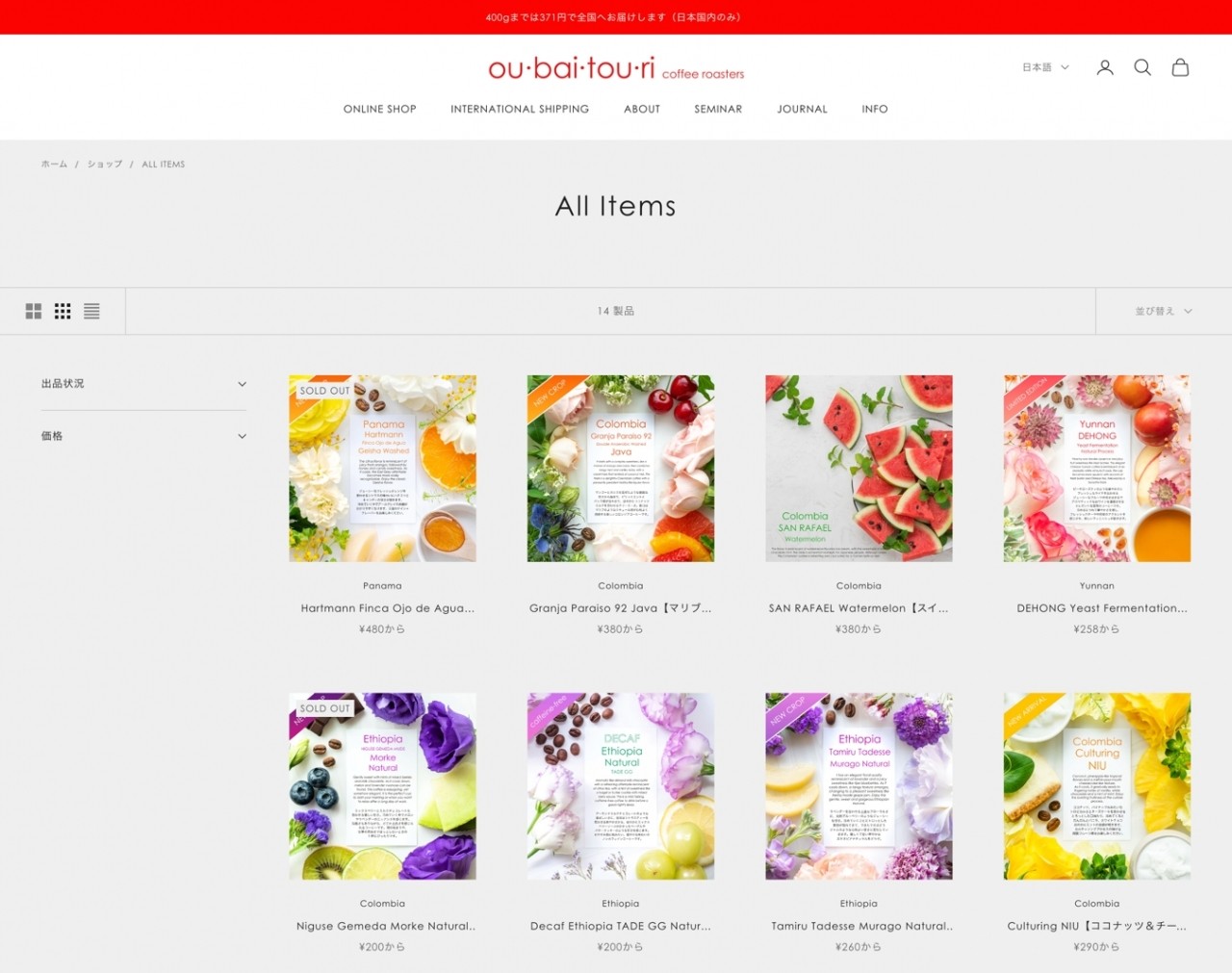
In the end, Kodama emerged victorious, but in fact, after the final match, he no longer cared much about whether he won or lost.
"For me, the most important thing was to have fun, so I didn't really feel like I was being judged. Of course, there were many things I wasn't perfect at, but I thought to myself, 'Whether I won or not, it was a lot of fun.'"
The relaxed atmosphere of the "1CCC" competition is one of the reasons I felt this way.
"It's a tournament that offers a level of flexibility that you don't get in official competitions. In that sense, I was able to see my own potential, and I gained confidence from competing.
Also, veterans have their own idea of what is correct, and what they have realized through their own style and experience that they have to do, and I think there are situations where this is reflected in the management of the tournament and the evaluation.
In that respect, the format of the 1CCC competition is unique and a new challenge in itself. The preliminary rounds, presentations, and even the preparation of the welcome drink are all new challenges. I think it was good that the participants were limited to young people."
The great trust gained from winning "1CCC"
Although the competition is still new, Kodama says winning has led to a variety of job opportunities.
"The title of '1CCC Winner' has helped us to gain trust. People in the industry have said, 'That roast was good,' and when we participated in the local festival, 'SUMIDA COFFEE FESTIVAL 2023,' and were able to write that we were 'Roasting Competition Winners,' I think it has also helped build trust that 'The coffee here must be delicious.'"
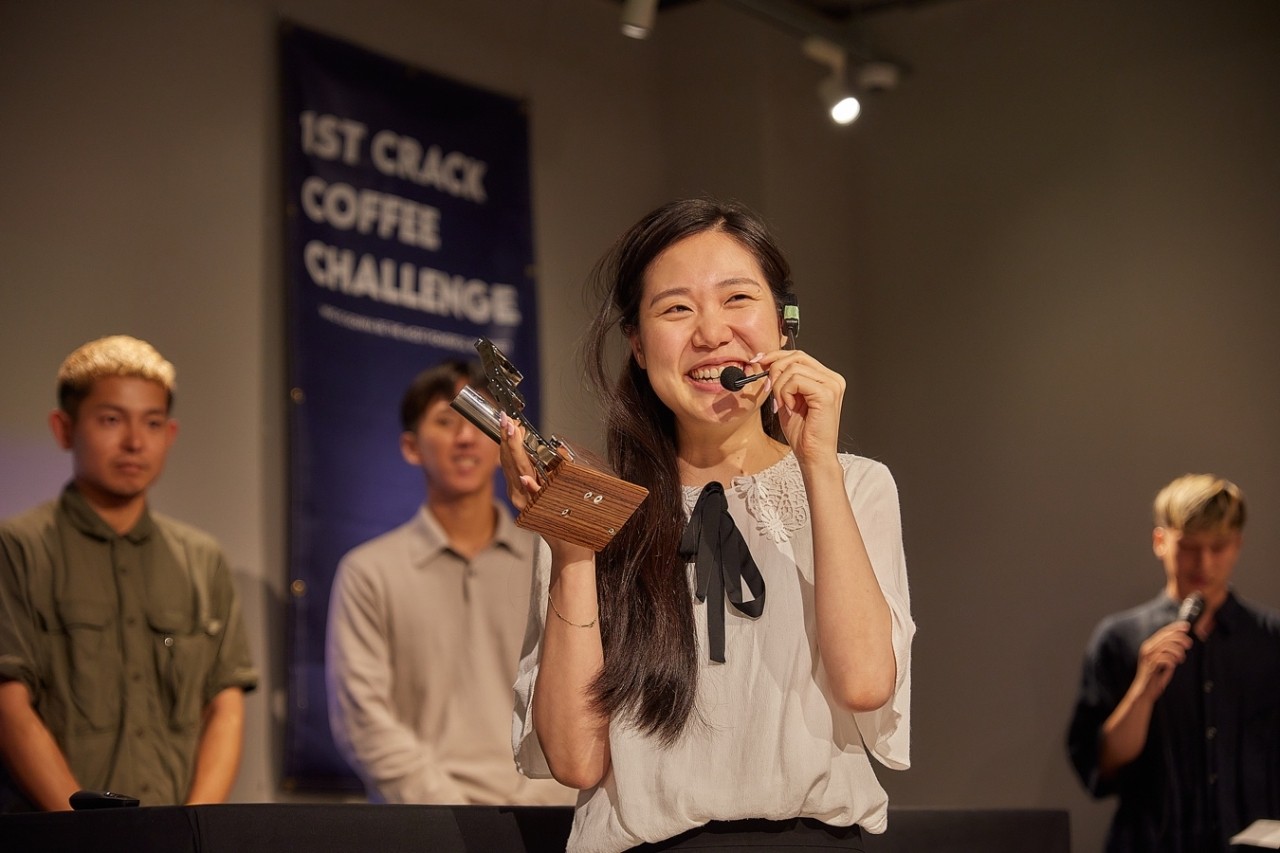
Furthermore, the experience of competing in competitions has been directly applied to my work.
"Before participating in this competition, ou.bai.tou.ri only offered single origin coffee. However, the blend that they tried for the welcome drink to match the theme of the competition was well received, so they decided to commercialize the blend as is, and this led to business expansion."
Besides that, he said he has been getting more media exposure, invitations to events, and more work that he didn't have before. These are things he would never have been able to get by just working as a roaster, facing the roaster and beans every day.
"I don't usually work as a barista in a shop. I think there are a lot of roasters who only think about themselves and their roaster. In the past, I sometimes felt lonely doing that.
But it wasn't just 'me and the roaster' or 'me and the coffee', I was able to see once again that there is a person who drinks the coffee, and I think it was a big thing to be able to come into contact with that."
"1CCC" - Experience and process are more important than results
When I asked Kodama what he would say to people who are currently undecided about whether to join 1CCC, he replied, "I hope you will definitely give it a try."
"I think it's important to try things. Not because of the result, but because the process helps you gain confidence, discover fun, and broaden your horizons.
It's also fun to make horizontal connections by participating in the tournament. After the preliminaries, participants talked to each other about how it went, and with friends who competed with me in the finals, we made a circle of friends saying, "I hope to see you again."
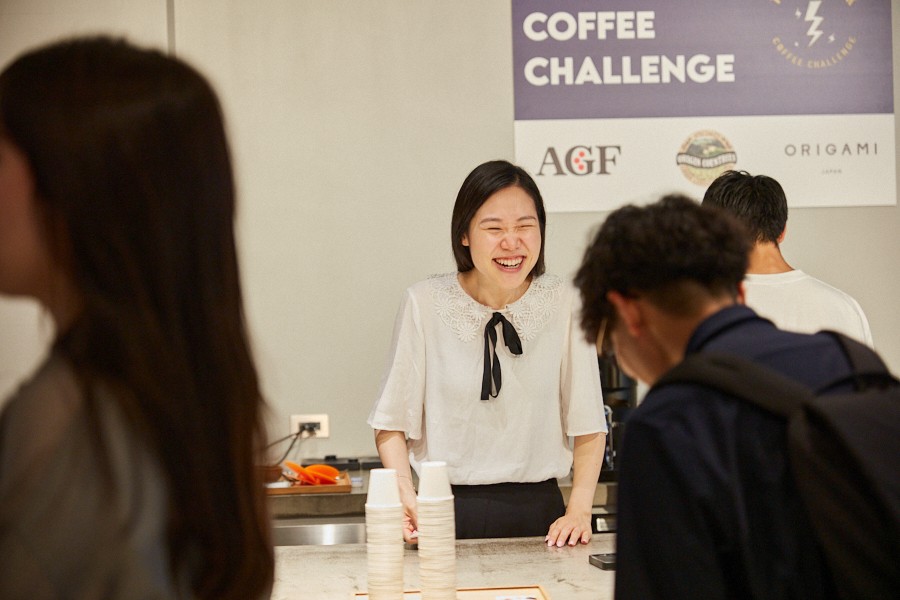
The theme for 2024 is "What we can do as roasters for sustainable coffee." By working towards a specific goal, such as the competition, you will no longer be able to hide your own abilities or ideas.
Rather than being a competition preparation course that focuses on roasting techniques, preparation for the competition, and evaluation criteria, 1CCC is an opportunity to face yourself as a roaster and think about what you should do for the coffee industry now. Just like Kodama , who says that the most important thing is to enjoy the competition, I would like young roasters who have dreams and want to support the coffee industry in the future to try out 1CCC.
1st crack coffee challenge
ou.bai.tou.ri coffee roasters
If you want to enjoy coffee more deeply
" CROWD ROASTER APP"
Manabu at CROWD ROASTER LOUNGE
・Push notifications for article updates・Full of original articles exclusive to CROWD ROASTER
・Direct links to detailed information about green beans and roasters
App-only features
- Choose green beans and roasters to create and participate in roasting events・CROWD ROASTER SHOP: Everything from beans to equipment is readily available
・GPS-linked coffee map function
